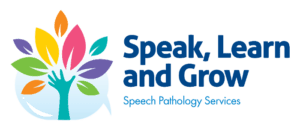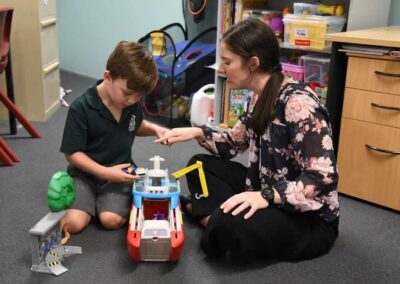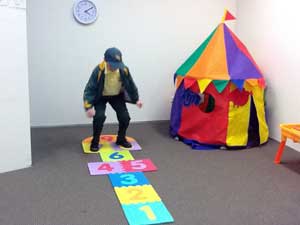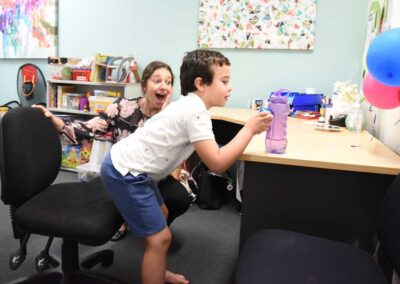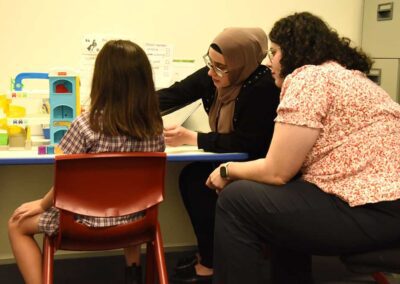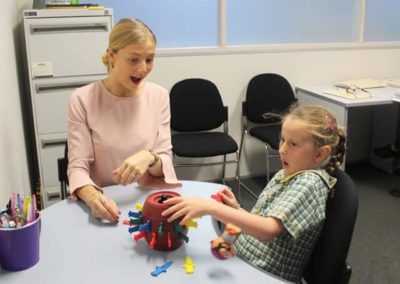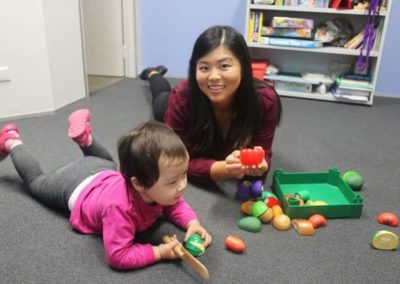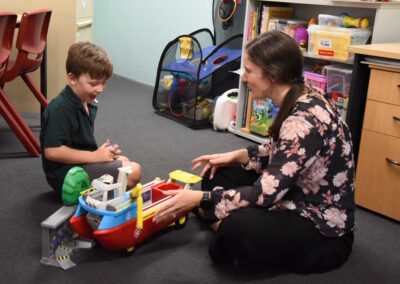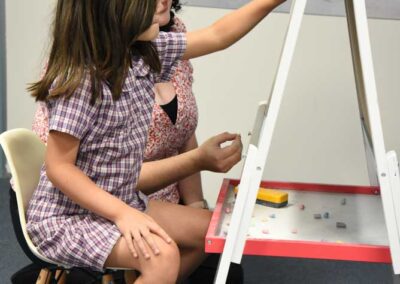
If you are a parent of a child who is receiving speech therapy at the moment, this blog is for you.
Communication obviously doesn’t only happen in the clinic but is occurring all the time in all environments. Your role in your child’s journey towards effective communication is indispensable. Let’s delve into why parents should be actively engaged in speech therapy:
1. Parents as Partners in Progress: Speech therapy isn’t just about what happens within the confines of a therapy session. It’s a holistic process that extends beyond the clinic walls. When parents are actively involved, they become essential partners in their child’s progress. Parents spend a lot more time with their child than the therapist does. With their ongoing support and commitment, therapy strategies can be, and should be, used at home, accelerating the child’s development.
2. Continuity of Learning: A child’s communication development is not isolated to therapy sessions; it’s a continuous journey. Parents who actively engage in speech therapy become equipped with the tools and techniques necessary to incorporate therapeutic strategies into their daily routines. This continuity ensures that progress is nurtured consistently, maximising the effectiveness of the therapy.
3. Personalised Approach: Parents possess an intimate understanding of their child’s personality, interests, and challenges. This knowledge is a valuable asset in tailoring therapy approaches. When parents actively participate, they contribute insights that help therapists design interventions that resonate with the child’s preferences, fostering a deeper connection and engagement.
4. Creating a Supportive Environment: Parents provide the foundation of a child’s support system. Their involvement in speech therapy extends beyond practicing techniques; it’s about creating a nurturing environment where the child feels comfortable expressing themselves. This emotional support is fundamental in boosting the child’s confidence and willingness to communicate.
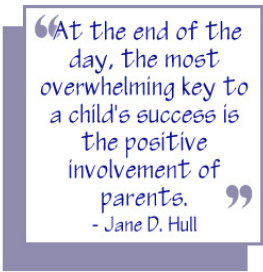
5. Skill Generalisation: The ultimate goal of speech therapy is to help the child apply newly acquired skills in various real-life situations. When parents are involved, they can facilitate the generalisation of skills to different contexts—whether it’s during mealtime, play, or social interactions. This real-world application solidifies the child’s progress and helps them become effective communicators across settings.
6. Strengthening Parent-Child Bond: Active involvement in speech therapy fosters a unique bond between parents and their child. Collaborative efforts, shared successes, and the journey towards better communication create a special connection. This strengthened relationship enhances the child’s sense of security and trust, which are pivotal in their overall development.
7. Empowering Lifelong Communication Skills: Communication skills are not just a childhood necessity; they are lifelong assets. Parents who actively participate in their child’s speech therapy journey instil essential communication habits that will serve the child throughout their life. This investment in communication growth equips the child with skills to navigate social, educational, and professional contexts with confidence.

Conclusion: A Collaborative Path to Communication Success
In the tapestry of speech therapy, parents are not just observers; they are weavers of progress. Their active involvement infuses therapy with a powerful blend of personalised care, continuous learning, and unwavering support. By becoming active partners in their child’s journey, parents amplify the impact of therapy and ensure that the gift of effective communication becomes a lifelong asset.
So, if you’re a parent, embrace the opportunity to be an integral part of your child’s speech therapy journey. And if you’re a speech therapist, encourage and empower parents to step into this pivotal role.
Together, let’s create a collaborative path that leads to enhanced communication, confidence, and an even brighter future for our children.
If you’d like to find out more about developing your child’s expressive language skills contact us at Speak Learn and Grow Contact Us
